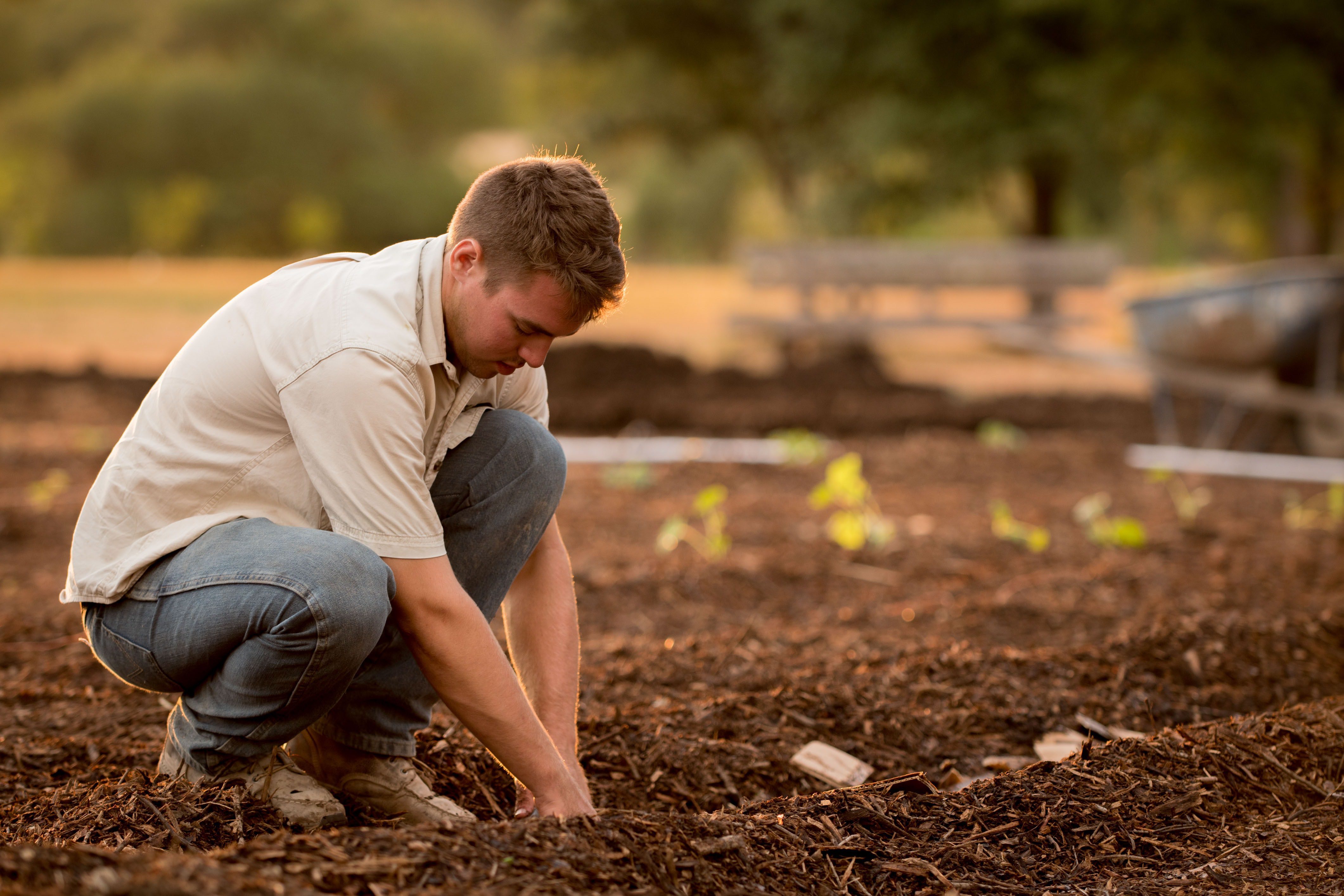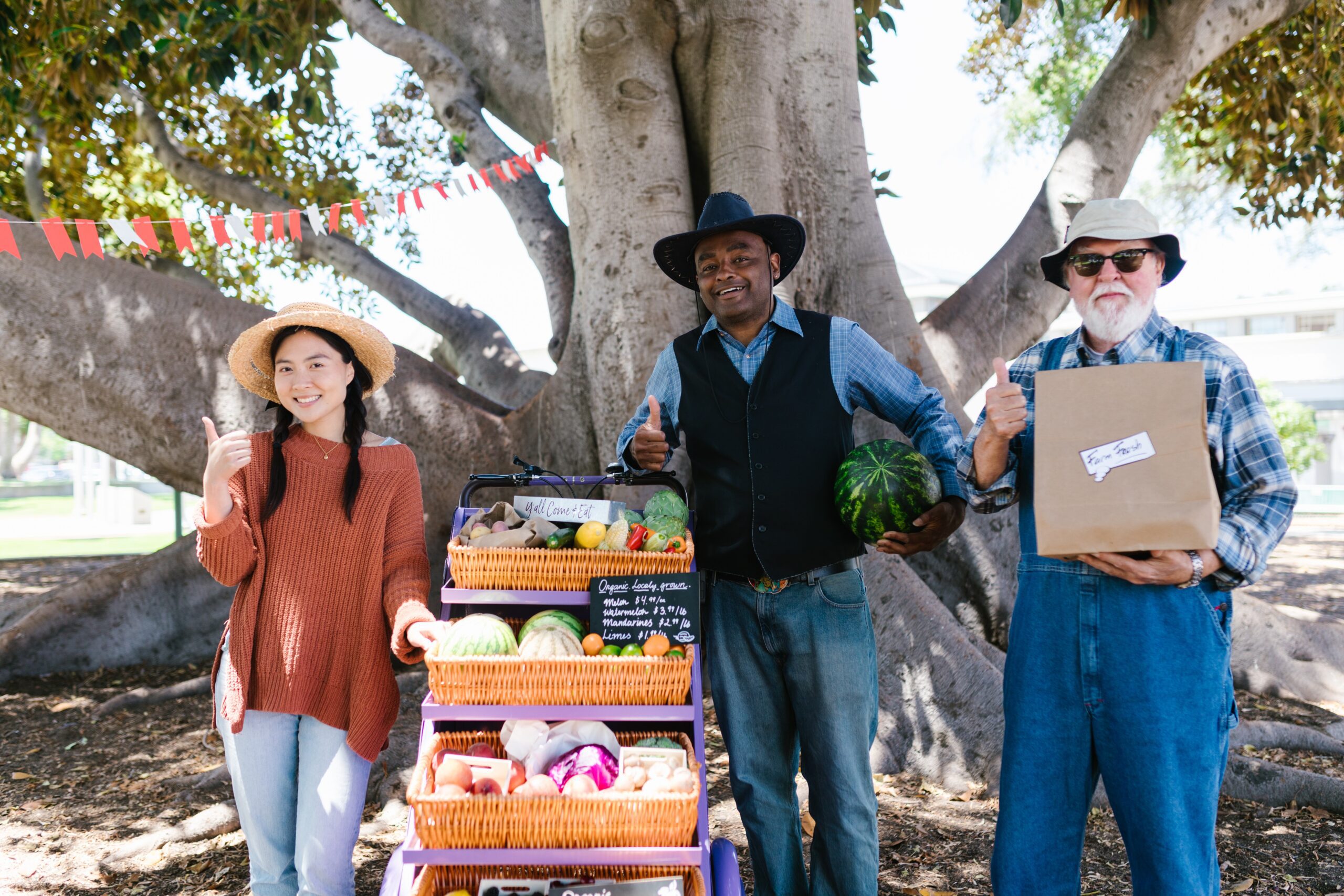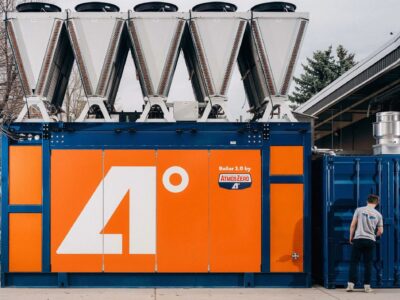The proposed Alaska Food Freedom Act could change local communities and businesses for the better by allowing farmers, ranchers, and other producers to sell homemade food products. Essentially, the bill would shift more food production to the Last Frontier, a state where currently 95% of food is imported. If successful, the act could generate nearly $200 million for the state’s economy, a substantial economic boost with a much-needed side of farm-to-table sustainability.
Introduced by Alaska Governor Mike Dunleavy, the Food Freedom Act means homemade food sales would be legal and strongly encouraged. Residents could sell at fairs, farmers’ markets, and directly from ranches and farms, in person or online on in-state e-commerce websites. Residents could raise, buy and sell homemade foods directly to consumers without a permit, only needing to label the item correctly.
The act comes on the heels of a recent study by the Alaska Division of Agriculture that indicates 67% of the state’s farmers would increase production if they had more local and regional outlets for their products.
Whether it’s grains, fruits, vegetables, or meat from livestock, Alaska farmers are eager for ways to get their goods into the hands of the public, especially after the challenges of the pandemic.
“COVID-19 spotlighted many issues within Alaska — the big one was food security,” Dunleavy said. “Over 90% of the food staples Alaskans use on an everyday basis is imported from out of state. Our food supply is fragile and dependent on ports and other states and countries. Alaska needs to develop its resources, including Alaska-grown products. This act will put food on the tables of Alaskans when they need it most.”
The potential benefits for the state are significant. If every state resident spent as little as $5 each week for a year on products grown in Alaska, it would introduce approximately $188 million new dollars into the state’s economy annually.
In the long term, the act would reduce the state’s dependence on imports and encourage economic growth and new jobs statewide.
The new act would also codify the already present cottage food regulations and raw vegetable and fruit exemptions. Additionally, it would allow consumers to share in the ownership of ranch animals via direct agreements with ranch owners. Overall, the Alaska Food Freedom Act gives citizens a better chance to participate in the farm-to-table lifestyle that creates a greener, cleaner, and more sustainable living environment.






